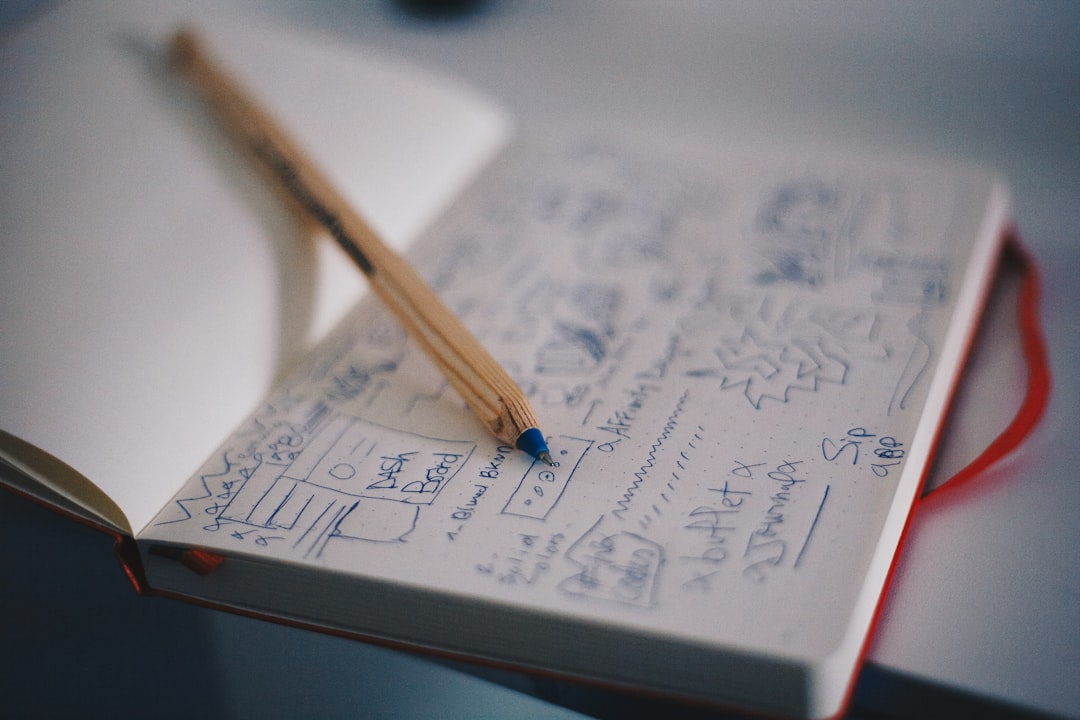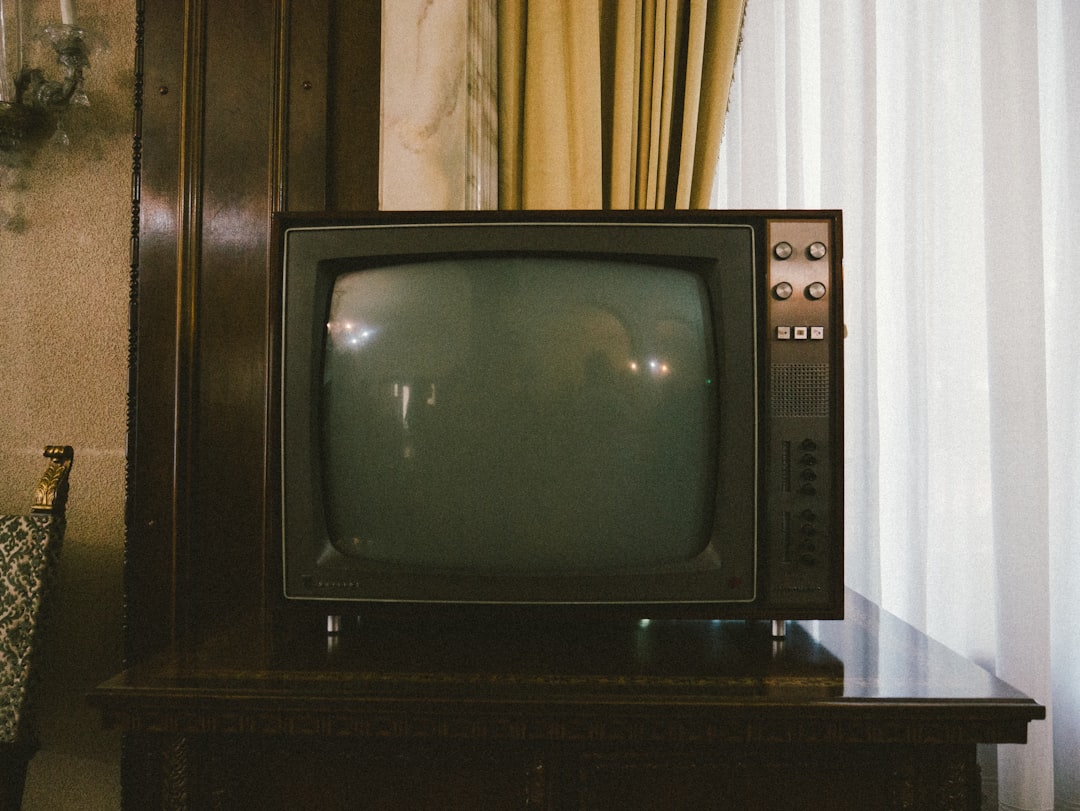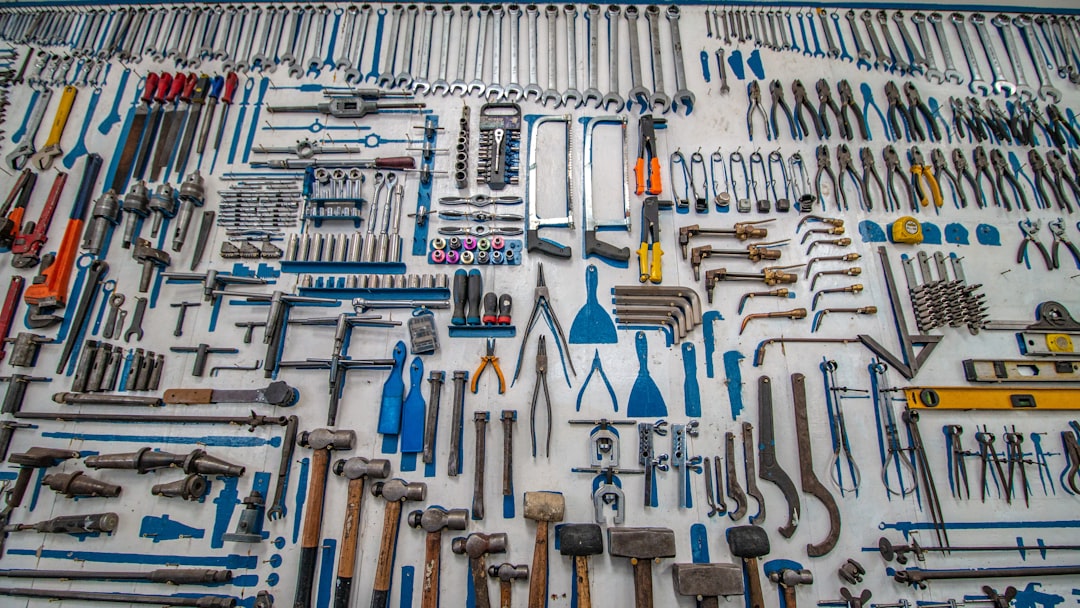What’s the intention?
While building an IKEA bed frame this past week, my wife gave me a great maxim. She said, “Don’t use that tool, it wasn’t made for that.” I was trying to be “resourceful” (aka lazy) and use my kitchen knife as a screwdriver instead of taking the time to look for the appropriate bit and attach it to the proper tool. A couple of days after, I started to deeply think about intentions, tools, and why minimizing usage on a smartphone may not be the best path for digital minimalism.

I often encounter the idea that basic phones are truly obsolete for newer generations. Why would anyone forego the conveniences of the modern world and restrict access to all the benefits it entails? From YouTube comments to forums on the internet, many people attest that the best way towards minimizing your phone usage is to acquire self-control and overcome the problem. These opinions, however, obviate the idea and intent that has dominated the smartphone conversation in the last 6-7 years: surveillance capitalism.
If the above term is new to you, it is not a surprise. It may be too technical for some, but the more popular term “data collection” is definitely on the airwaves. With the advent of the “smart” home, data has become the new oil and everyone is looking to maximize their opportunities to collect it. From your speaker to your toothbrush, the collection of data has become the intention and design of most products gracing stores in the 2020s.
The New Way
Smartphones used to be different in this respect. They aimed to innovate in the ease of use, features, and even form factor of older phones. The iPhone and original Google G1 phones revolutionized the industry with their touch approach and accessibility. Their task was to make the experience of using a phone and communicating easier. The size of the screen, touch capability, and other features made messages go from something you would do once in a while to the default method of communication for many. Yet, they took a turn once software companies saw the value of having a miniature computer in everyone’s pocket. Now, they could collect data not only while you were sitting in front of your terminal, but also on the go. The intention and design behind the concept of the smartphone went from being a productivity device to a time suction machine.
“Smartphones are now serving the software behind them and not the user who purchased it.”

Another example that may help you concretize the concept I’m trying to get across is the innovation in television services. The box, the antenna, and the cable connection used to be the center of entertainment for many families. It was a physical location that allowed people to escape the reality of the world with visual arts, cartoons, or movies. Yet, it was just that, a physical location. As soon as one left that location, the entertainment was not afforded to the viewer. As the years progressed and devices evolved, television services have moved away from the physical location and reaching customers in one place to a multifaceted approach that delivers entertainment anywhere you have an internet connection. They utilized the innovation from smart devices to reach more consumers and increase the feeling of escape.

Designing your future
As you approach your digital minimalism journey, it is crucial to visualize and design the kind of lifestyle you desire. If you want a life filled with constant connection, and ease of access, then learning to minimize your smartphone usage may be the path for you. Putting your phone in greyscale, blocking apps and websites, and creating time limits can all help to reduce a certain part of your usage. These, however, will be limited in scope because the product wasn’t designed for your productivity. Smartphones are now serving the software behind them and not the user who purchased it. It is the advertisement industry that rules our current milieu. Even with app blockers or without installing apps, smart devices are increasingly nudging you to subscribe to something, share data, or create an appeal for prolonged use. They are not designed with you in mind anymore.
If, on the other hand, you desire to design a slower pace lifestyle, I recommend you look into single or double-purpose devices. Buy a phone that is designed for calls and texts, get a camera to capture memories, and use a notebook to take notes. Yes, it is inconvenient, but they were designed and made to fulfill a specific purpose. They are not trying to be the all and be-all tool but rather encourage you to live your life and help you achieve greater things. Whatever approach you choose, remember to use tools for their intended purpose and not for what you think you can use them. Otherwise, you’ll end up like me trying to finish a bedframe using a knife.



Love it!
Really appreciate your thoughts here, much of what I have been debating with myself for years, as I recognized how we have all slowly and unconsciously become slaves to our devices that were once increasingly brilliant in their utility.
Having debated dumbphones, owned a few in the past, and eventually switched back to smartphones as they were critical for me to connect with family and work functions, I have always aimed to have the smaller phone there it, which two years ago for me was the pixel 4a.
Foldables could be a good solution as you can fold it away and the screen isn't staring at you right in the face. However my search within digital minimalism slowly leading me towards smaller and smaller phones as I discover they are available straight out of China.
As I have become accustomed to and appreciate functions like GPS, NFC and being able to Google search when out shopping to see if something is better priced elsewhere, I can't see my self giving up these functions.
The small phones such as the Cubot, jelly 2's and palms of the world have opened me up to a possibility that is real! I can continue to have the functions I need, on very capable devices, that won't suck away all of my attention simply because the screen is too small to enjoy for prolonged media consumption. And with the added benefit that they are small and light in the pocket so I don't feel encumbered with a slab in my jeans